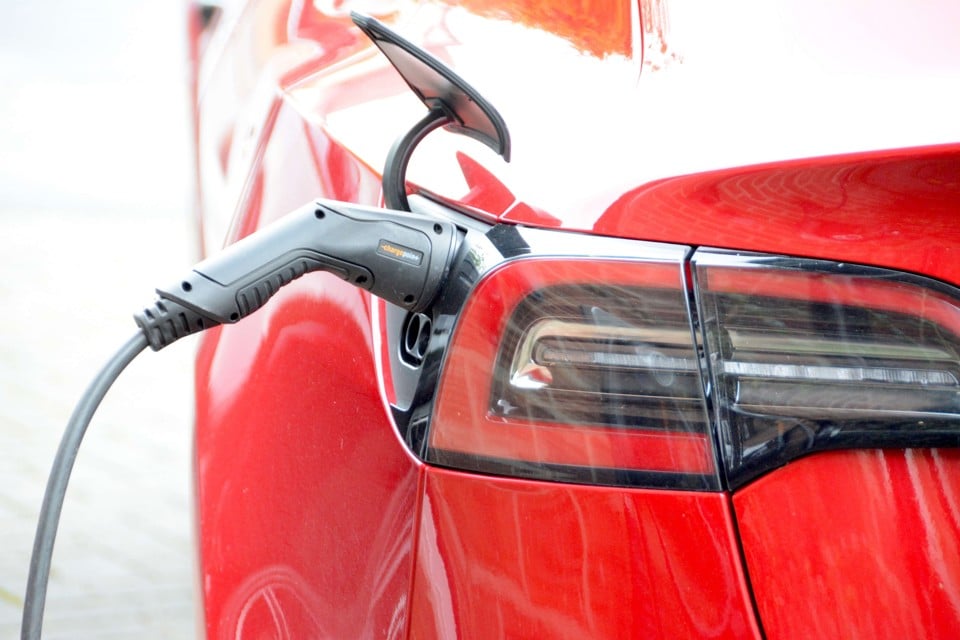Rivus Fleet Solutions is warning the Government that they cannot get complacent on their commitment to electric vehicle (EV) investment.
It says that much has been done so far to get an electric vehicle infrastructure in place, including £1.3 billion of investment and grants for home charge points home until 2024/25.
Furthermore, analysis from Transport and Energy shows the UK has more rapid charging points per 100km of major strategic road than any other country in Europe.
However, Rivus says that data from Zap-Map.com shows that 30% of existing charging points are currently located in the Greater London area and this rises to more than 50% if you include the South East and South West.
Although the UK already has 20% more electric charging points in 2021 since the end of 2020, there is a great divide in who is benefiting from the current EV infrastructure, it says.
It also argues that, while existing EV grants and schemes are available to support the purchases of EVs or charging points for customers, businesses and local councils, there are deadlines attached to these grants and it is unclear whether these will be extended. These include:
- The Electric Vehicle Homecharge Scheme (EVHS) - this will support funding towards properties with dedicated off-street parking and will support leaseholders, renters and those living in flats. This will be funded until at least 2024/25.
- The Workplace Charging Scheme (WCS) – this will provide funding towards the cost of the purchase and installation of EV charge points at workplaces. This will be funded until at least 2024/25.
- The plug-in car grant provides up to £2,500 towards the purchase of a zero emission car priced under £35,000. This will be funded until at least 2022/23.
- The plug-in van grants provide up to £6,000 dependant on the size of van. This will be funded until at least 2022/23.
Sarah Gray, product and services development manager at Rivus Fleet Solutions, said: “The long-term future of domestic and business driving is going to be powered by electricity. However, we cannot expect people to be confident in switching early if they don’t have access to better infrastructure or access to support.
“Although there has been great strides in getting the electric vehicle infrastructure in place, there is a slight concern that some drivers and businesses will be left behind.
“Some areas of the country are benefiting from quicker investment into electric charging points, but our concern is for customers and businesses in remote areas who need support too.”
Rivus recently published its Operational Fleet Insight report in collaboration with the AA, which shows that the fleet industry is feeling optimistic, but it wants to ensure there is fairer distribution of resources in the future to avoid a two tier system where some are better off than others.
Gray explained: “We would like to see clear targets and timelines set out by the Government so businesses can prepare to invest in electric fleets, and consumers can start planning to switch over from combustion engine models.
“We are also seeking clarity on whether existing grants will be extended to build confidence in the roll out of EV infrastructure.”
The Operational Fleet Insight report also suggests that two thirds (67%) of fleet operators expect to add EVs to their fleets within the next five years, while a quarter (26%) of fleets currently use EVs.
The research, involving more than 500 fleet managers, found that 82% feel the quality of EVs on offer has improved since last year and 84% believe the range from manufacturers has improved.
The positivity around EVs has also extended to the long-term cost benefits, with almost two thirds (65%) believing that EVs have better whole life costs than diesel or petrol.
























Login to comment
Comments
No comments have been made yet.